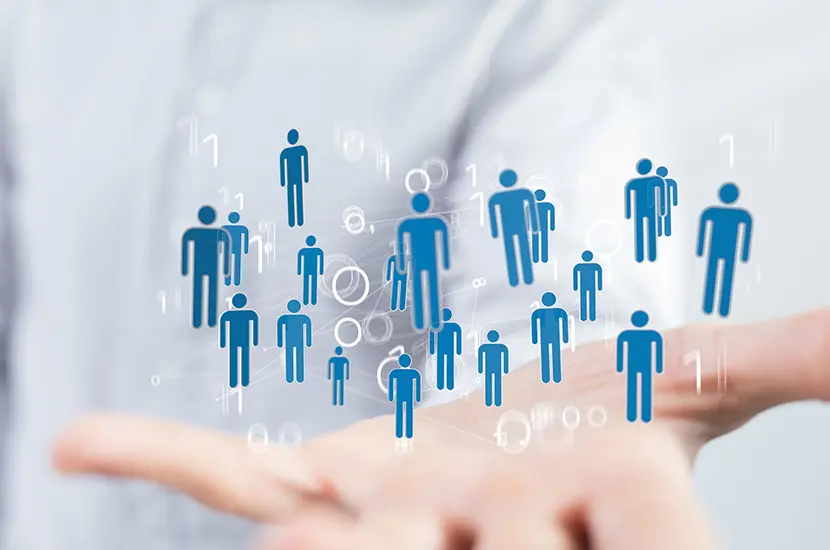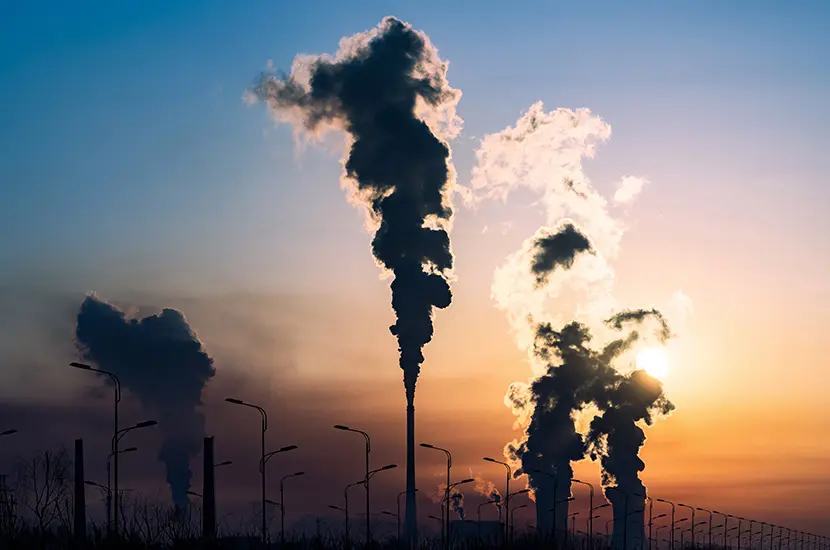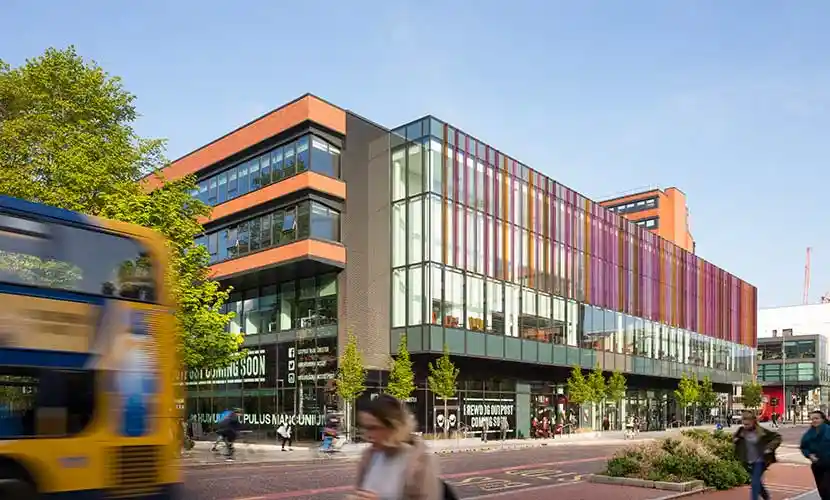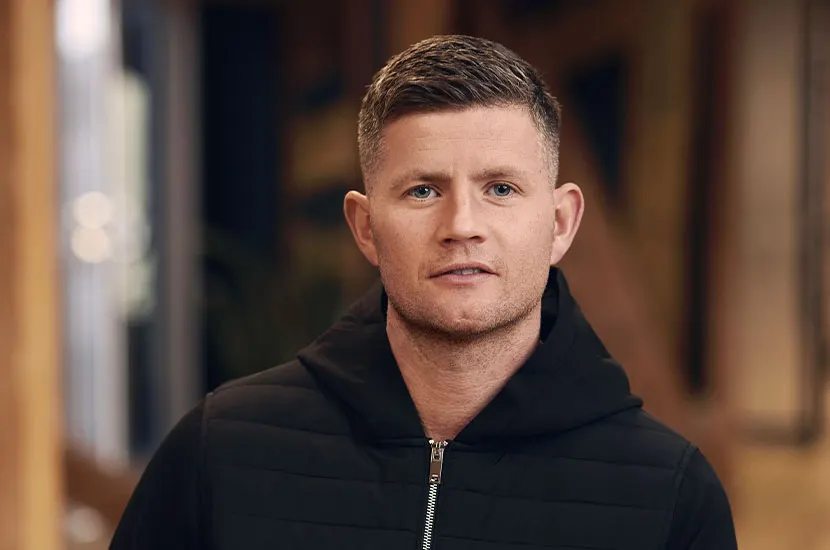The Launch of The Work and Equalities Institute at The University of Manchester
Debating the future of work and equalities in the fourth industrial revolution in the birthplace of the first industrial revolution
- Event Time
- 14 Nov 13:00 - 14 Nov 20:00
- Event Location
- The Fossils Gallery, Manchester Museum, University of Manchester, Oxford Road, Manchester, M13 9PL
- Event Type
- Research workshops and seminars, Work and Equalities
Debating the future of work and equalities in the fourth industrial revolution in the birthplace of the first industrial revolution.
Our formal launch will take place at a drinks reception at 6.30pm in The Fossils Gallery, Manchester Museum, 14 November 2018.
The launch will conclude an afternoon of three interactive panel debates from 2pm at University Place, to which you are also invited. These will focus on important themes for contemporary society, building on and developing Manchester’s rich legacy of contributions to equalities at work.
The first panel will discuss human rights and the responsibilities of business and society to ensure dignity, fair treatment and fair access to work.
The second panel will debate the priorities and possibilities for promoting equalities in the workplace.
The final panel debate, to be chaired by University of Manchester governor and distinguished journalist Michael Crick, will consider the impact of the fourth industrial revolution on work and equalities.
These panels, comprising distinguished and informed speakers, will help to set the agenda for the Work and Equalities Institute. New ways of working, new risks to equalities and new concerns over the potential loss of jobs are intensifying debates on how we organise work in the future, what we can do to promote decent forms of work, and the responsibilities society and the business community have towards citizens and workers.
Confirmed speakers
- Michael Crick, Channel 4 News, and member of The University of Manchester Board of Governors
- Gerhard Bosch, Professor, University of Duisburg-Essen, and member of German Government’s Work 4.0 commission
- Tarani Chandola, Professor of Medical Sociology, The University of Manchester
- Paul Dennett, Mayor of Salford and Alliance MBS alumnus
- Ismail Erturk, Alliance Manchester Business School Deputy Director for Social Responsibility
- Debra Howcroft, Professor of Technology and Organisation, AMBS, Deputy Director of WEI
- Ken McPhail, Professor and Research Director AMBS, and leader of the Business and Human Rights catalyst at AMBS
- Florian Ranft, Senior Research Analyst at the Centre for Progressive Policy, previously Senior Policy Researcher and Advisor, Policy Network
- Linda Shaw, Chair, Women Working Worldwide
- Valerio de Stefano, Professor of Law at the University of Leuven, previously at the International Labour Organisation
- Stephanie Barrientos, Global Development Institute at The University of Manchester
- Sally Bucknell, Head of Diversity and Inclusion, EY
- Lynn Collins, Regional Secretary, TUC North West
- Tony Dundon, Professor of Human Resource Management AMBS , member of WEI management
- Colette Fagan, Professor and Vice President for Research ,The University of Manchester
- Miguel Martinez Lucio, Professor of International Human Resource Management, AMBS, Deputy Director of WEI
- Jacqueline O’Reilly, Professor of Comparative HRM, University of Sussex
- Jill Rubery, Director of the Work and Equalities Institute
- Nick Srnicek, Lecturer in Digital Economy, King’s College London
- Wilson Wong, Head of Insight and Futures at the CIPD
Schedule
- 1pm: Lunch
- 2-6pm: Panel debates
- 6.30pm: Drinks reception and formal launch
If you are not able to join us but would like to be kept informed about the activities of the Work and Equalities Institute please email us at wei@manchester.ac.uk
Work and Equalities in Manchester
There is no better place to interrogate these issues than Manchester, with its significant historical and contemporary contributions to the promotion of equalities. Political devolution in Greater Manchester is sparking debates on how we can make policy more people-centred with decent work available for all and how these goals could be achieved while enhancing Manchester’s spirit of an open, dynamic and multicultural society in the shadow of Brexit.
In 2018 Manchester is also celebrating its role in both the 100 years of women’s suffrage, and the 150 years of the first Trade Union Congress. Manchester’s legacies go back further: while it may have grown rich on the slave trade, the city also played a key role in the fight to abolish slavery. Although Manchester was the site of the Peterloo massacre, Manchester responded by playing key roles in the formation of an informed free press through the founding of the Manchester Guardian, the repeal of the Corn Laws, the founding of the cooperative movement, and the growth of trade unions. It seemed entirely fitting that Manchester became the chosen home for the Equal Opportunities Commission in the 1970s, now the Equality and Human Rights Commission.
The aim of the Work and Equalities Institute is to contribute to continuing this rich and radical tradition in Manchester.










